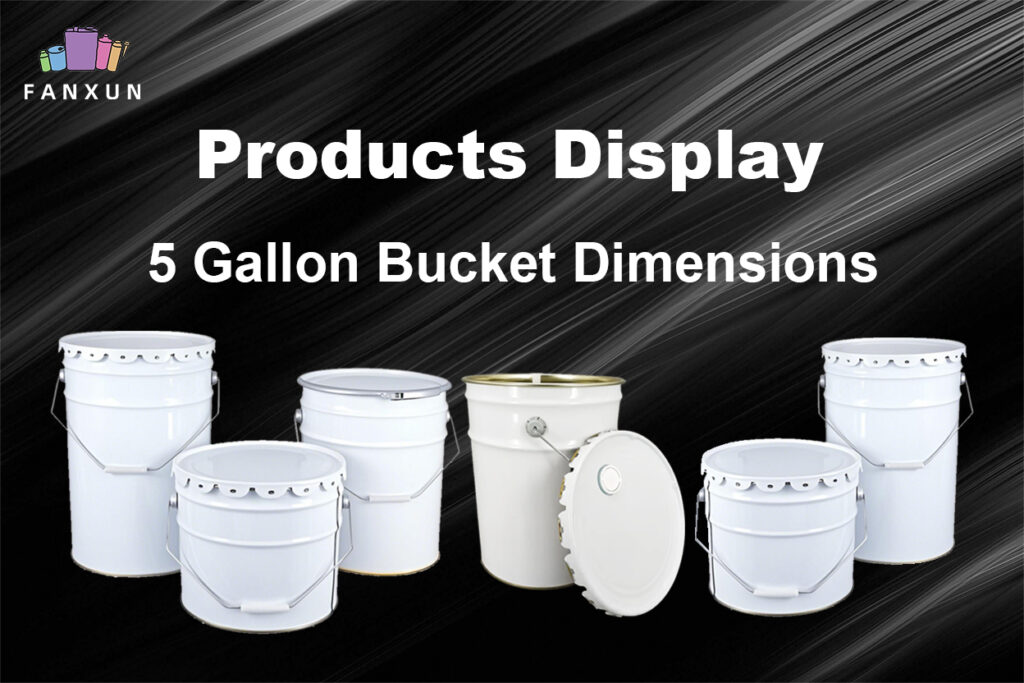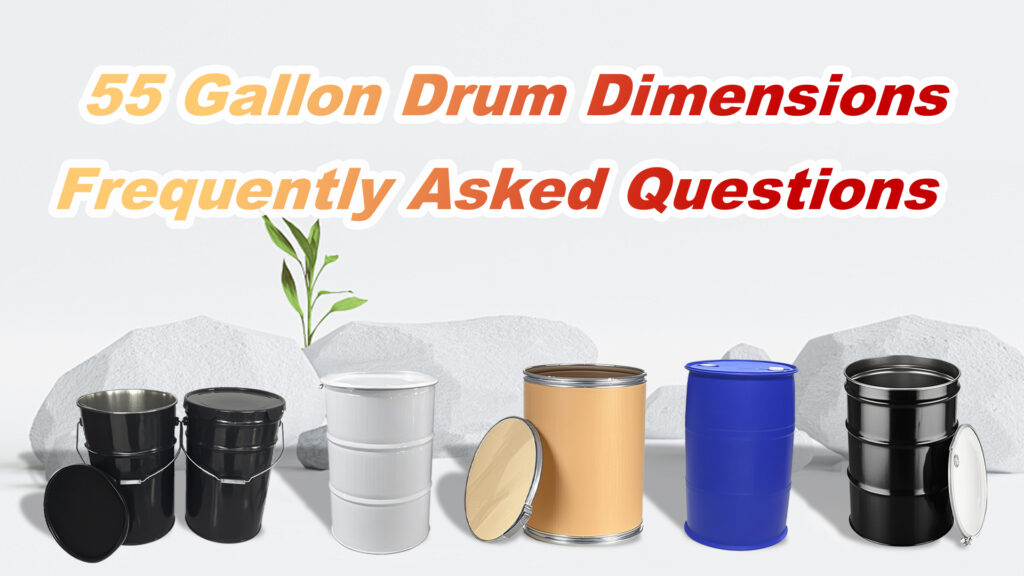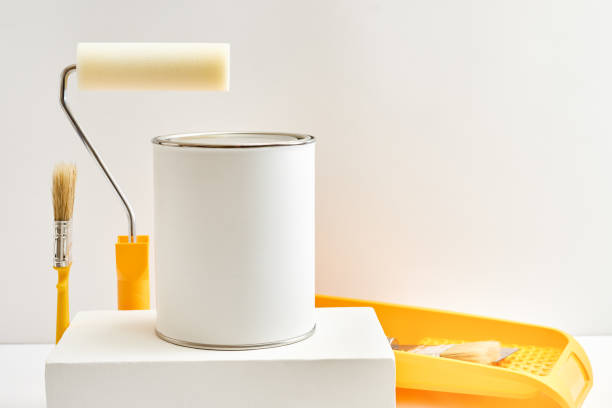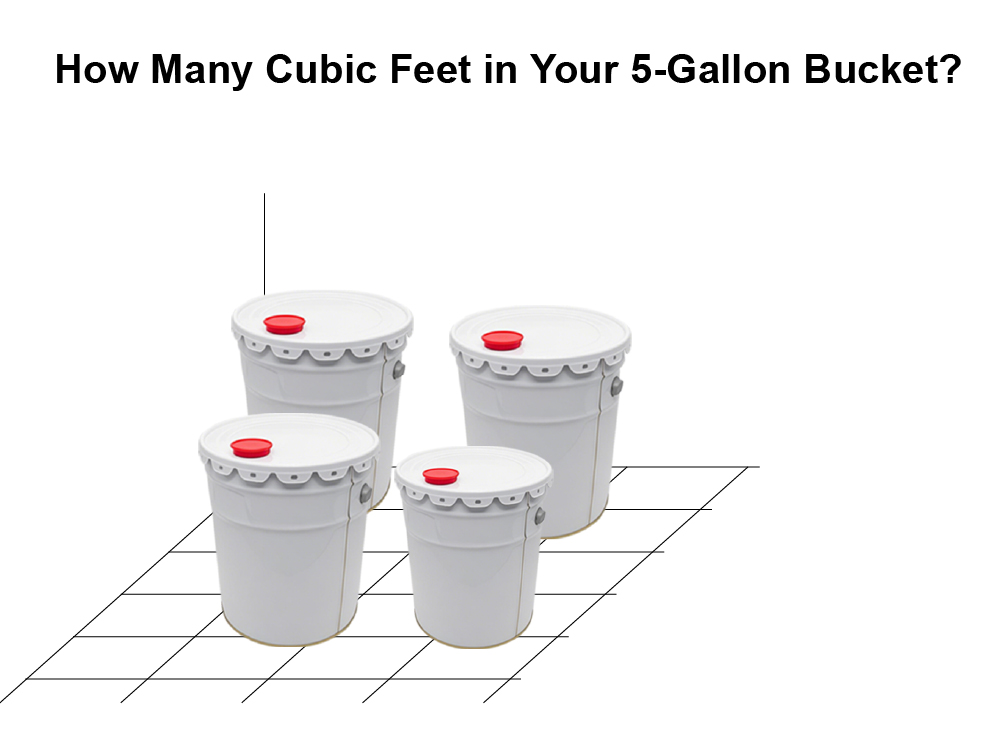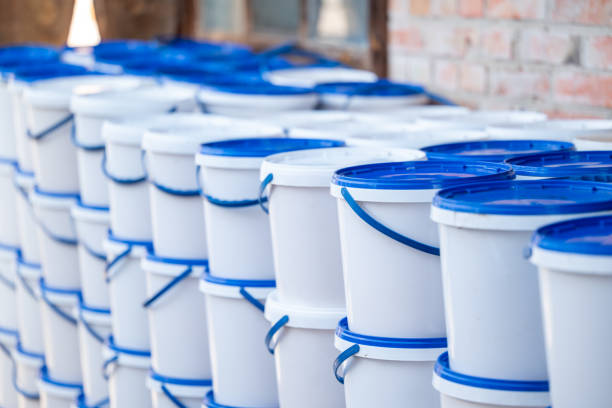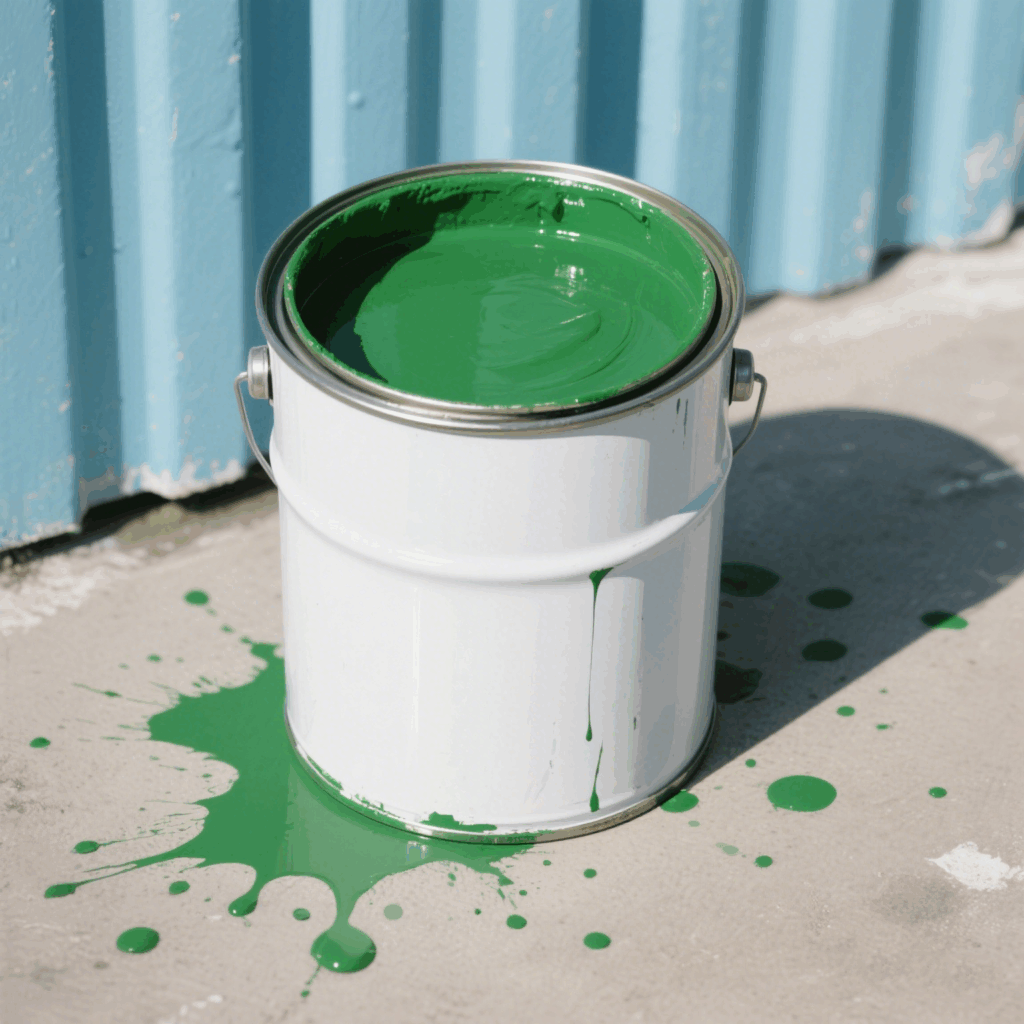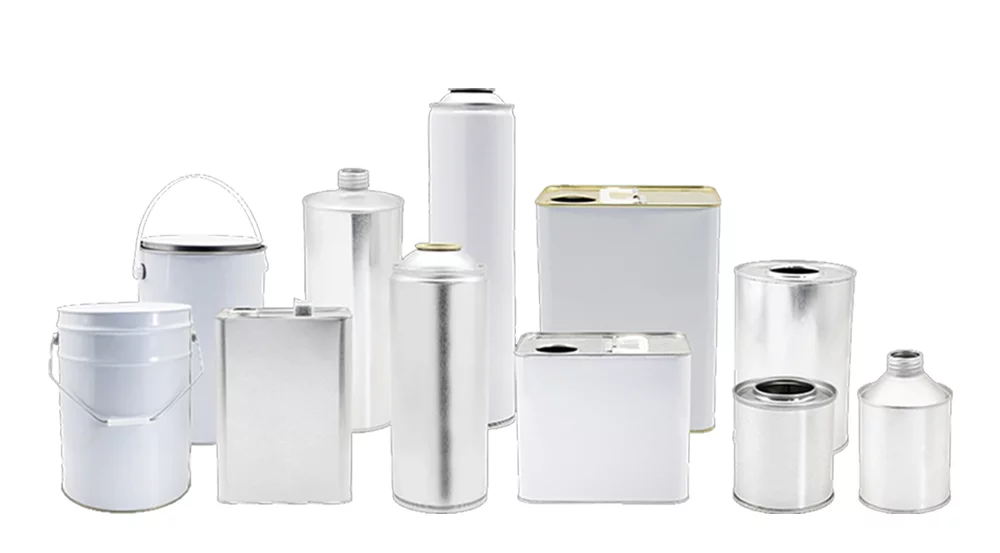If you’re like many car owners, you’ve probably opened your hood, checked the brake fluid level, and wondered: Does brake fluid expire? It’s a valid question—especially if you’ve bought a large bottle or found an old container in your garage. Brake fluid is critical for your vehicle’s braking system, and using expired or contaminated fluid can directly impact your safety on the road.
In questo articolo, I’ll walk you through everything I wanted to know myself when I first researched this—so you won’t need to look anywhere else. Whether you’re a new car owner, a DIYer, or just trying to avoid costly brake issues, this guide will break it all down in simple terms.
Yes—Brake Fluid Does Expire (And Here’s Why)
Brake fluid doesn’t exactly have an expiration date printed like milk or eggs, but it does degrade over time. The main culprit? Moisture. Most brake fluids are hygroscopic, meaning they absorb moisture from the air—even when sealed.
Over time, this moisture contamination lowers the boiling point of the fluid, leading to reduced braking performance, especially during hard stops or in high-heat conditions.
Types of Brake Fluid and Shelf Life (Unopened)
| Brake Fluid Type | Base | Hygroscopic? | Durata di conservazione (Unopened) | Durata di conservazione (Opened) |
|---|---|---|---|---|
| DOT 3 | Glycol-based | SÌ | 2 anni | A few months |
| DOT 4 | Glycol-based | SÌ | 2 anni | A few months |
| DOT 5 | Silicone-based | NO | 5+ anni | 1–2 years |
| DOT 5.1 | Glycol-based | SÌ | 2 anni | A few months |
Mancia: DOT 5 È not compatible with most modern brake systems that use DOT 3, 4, O 5.1.
Signs That Your Brake Fluid Has Gone Bad
From a user’s perspective, here’s how I could tell my brake fluid needed changing:
-
Color Change: Fresh brake fluid is usually clear or light amber. If it’s dark brown or black, it’s probably contaminated.
-
Spongy or Soft Brake Pedal: Water-laden fluid leads to air bubbles, which cause a mushy pedal feel.
-
Delayed Braking Response: If stopping feels slower, it may be due to compromised fluid performance.
-
Dashboard Brake Warning Light: Sometimes triggered by low fluid levels caused by leaks or worn-out fluid.
If you notice any of the above, don’t ignore it. These are not just performance issues—they’re safety risks.
How to Store Brake Fluid Properly
I learned the hard way that even a sealed bottle can go bad if not stored correctly. Here’s how to store it to maximize shelf life:
-
Keep It Sealed Tightly: Air = moisture = bad.
-
Conserva in un fulcro, Luogo asciutto: Avoid temperature swings and direct sunlight.
-
Use Clean Tools: When adding brake fluid, don’t let dirt or water enter the container.
Once opened, you should try to use the remaining fluid within a few months. I write the opening date on the bottle for easy tracking.
How Often Should You Replace Brake Fluid?
Even if your brake fluid doesn’t “expire” in a traditional sense, it still needs replacing periodically—just like engine oil.
Most mechanics recommend a brake fluid flush every 2 A 3 anni O every 20,000 A 45,000 miles, depending on your driving style and environment. Check your owner’s manual for the specific interval.
If you tow heavy loads, live in a humid area, or drive aggressively, you might need to flush it more often.
What Happens If You Use Expired Brake Fluid?
Using degraded brake fluid can lead to serious consequences:
-
Boiling Under Pressure: This causes vapor lock and brake fade—dangerous during sudden stops.
-
Corrosione: Moisture corrodes internal components like brake lines and calipers.
-
ABS Damage: Anti-lock braking systems are sensitive to fluid quality.
I once ignored an overdue fluid change, and my mechanic found rust in the brake master cylinder—costing me hundreds in repairs.
Can You Test Brake Fluid at Home?
SÌ! You can use brake fluid test strips or a digital tester that measures moisture content. They’re inexpensive and available at auto parts stores or online.
If water content is over 3%, it’s time for a change.
FAQs About Brake Fluid Expiry
Q: Does brake fluid expire if it’s sealed?
UN: SÌ, though slower. Most glycol-based fluids (DOT 3, 4, 5.1) last about 2 years unopened. Dopo di che, their quality may decline.
Q: Can I still use brake fluid that’s been opened for over a year?
UN: Not recommended. Opened bottles absorb moisture from the air, which compromises performance.
Q: What color is bad brake fluid?
UN: If your fluid is dark brown, black, or cloudy, it’s likely degraded or contaminated.
Q: What happens if I don’t change old brake fluid?
UN: You risk brake failure, corrosion, spongy pedal feel, and expensive repairs.
Q: Can I mix old and new brake fluid?
UN: It’s best to fully flush the old fluid before adding new to ensure consistent performance and safety.
Final Thoughts
Brake fluid is one of those things you don’t think about—until it’s too late. While it doesn’t “expire” overnight, both time and exposure to moisture degrade it. From storing it properly to replacing it on time, a little attention can go a long way in maintaining braking power and safety.
If you’ve had a bottle sitting on your shelf for over two years or you’re unsure when your last fluid change was, it’s probably time to check it out.
Your brakes are your car’s most important safety feature. Don’t leave it to chance.















